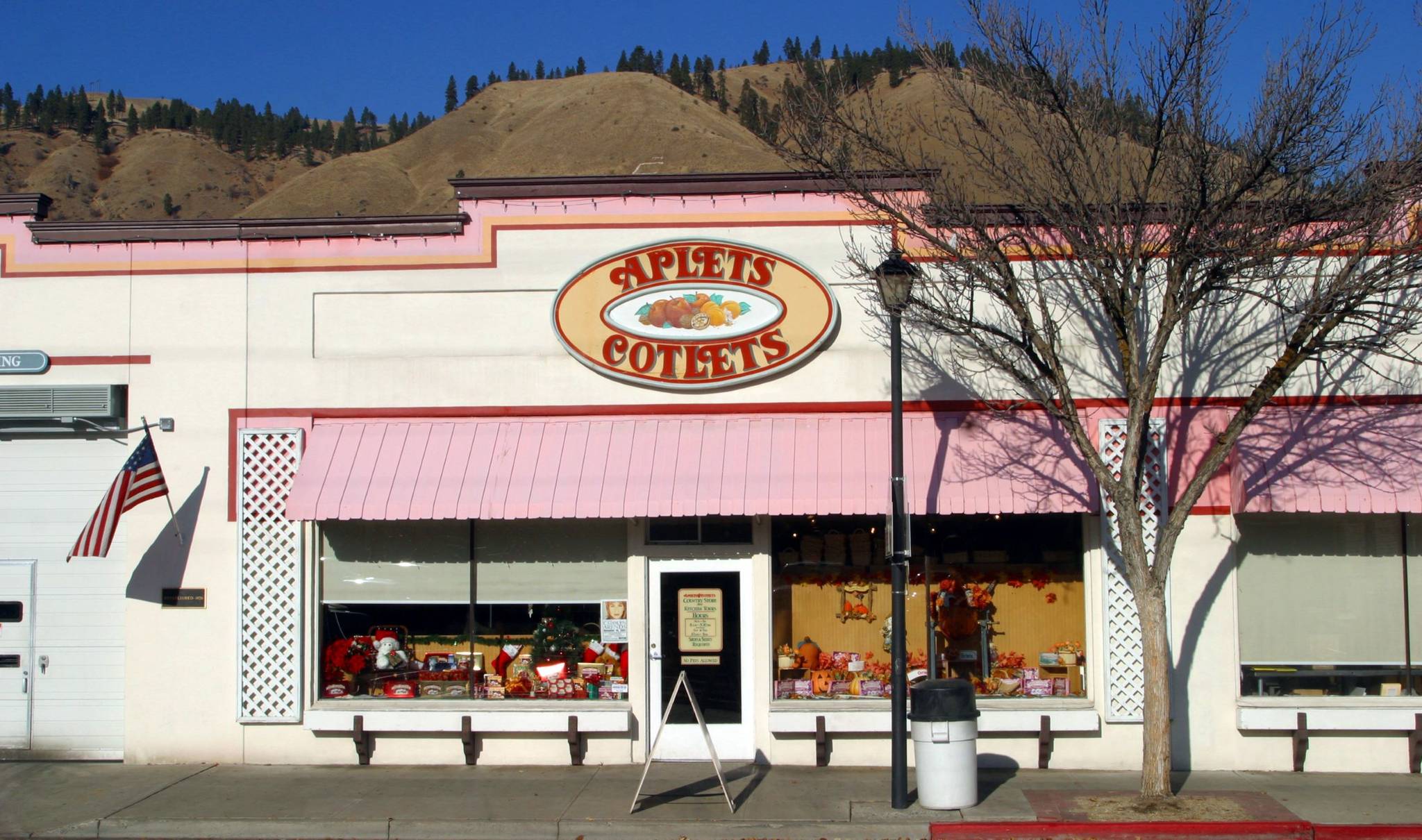By Thomas Clouse
The Spokesman-Review
The fourth-generation family business that makes the iconic Aplets and Cotlets candies will be closing up shop in Cashmere, Washington, this spring after failing to find a buyer for the company.
Liberty Orchards President Greg Taylor, 72, said the family decided a few years ago to try to sell the business. Several prospective buyers nibbled on the line a year ago until all talks broke down during the coronavirus pandemic.
“We gave it a good effort,” Taylor said. “No business lasts forever. The family has made the decision that it’s time to close.”
Founded by families of Armenian immigrants Armen Tertsagian and Mark Balaban, Liberty Orchards doesn’t own a single acre of apple trees. The company later was led into the second generation by John Chakirian and Richard Odabashian, who ran the business from 1956 into the 1980s.
Since then, Taylor, the grandson of Armen Tertsagian, has served as the company’s president.
“The company began as an apple orchard,” Taylor said. “But when we got into making candy, our founders decided they liked that better. They started using apple concentrate from other producers.”
The famous chewy, square-shaped fruit and nut confections include walnuts and apricots. The nationally recognized treats have been made the same way for decades.
While the family has traced orders for Aplets and Cotlets back to 1918, the company officially celebrated its centennial last year.
“It’s officially 101 years, but we’ve probably been around a little longer,” Taylor said.
The discussions among the family to sell or close began before anyone heard of the coronavirus. While the pandemic hammered revenue generated from factory tours and in-person store shopping, online sales increased during the shutdown, Taylor said.
Online sales “started going up immediately when COVID hit. And, that’s continued to this day,” he said. “That’s offset the lost sales at the retail store and factory store and tour in Cashmere, which is a big portion of our business.”
The biggest impact of the pandemic has been losing interested buyers, he said.
“Once COVID hit back a year ago, all the people we were talking to stopped being interested in the acquisition and started focusing on issues they had to deal with in their own businesses,” Taylor said. “It’s not a good environment to sell a business.”
The company has the original factory and offices, and another warehouse for shipping, located a block apart in Cashmere.
“Our brands have value, and production equipment have value. We are seeking buyers for all those things,” he said.
The town of Cashmere named two streets after the company. The popularity of the candy through the years even has brought efforts to nominate Liberty Orchards’ confections as the state’s official candy.
While Taylor liked the publicity for his Aplets and Cotlets, he acknowledged that a claim could also be made for the state’s other iconic candy, Almond Roca, made since 1914 by Brown & Haley Co. of Tacoma.
“Our whole family is proud we made it 100 years and the products we made and the customers we’ve served over the years and all the employment we have provided in Cashmere and the area,” he said.
During the slow season, the staff usually falls to about 25 workers. It swells to more than 120 during the height of production in the fall, when the company does most of its phone or mail orders, Taylor said.
The company intends to keep filling orders and operating the factory and store until June 1.
“In meantime, we will keep producing products,” Taylor said. “Hopefully, retail customers will continue to buy products and load up on our brands, because they won’t be available soon.”
Once Liberty Orchards closes or changes hands, it will end the only job Taylor has had for the past 43 years. He notes that he’s gone more than four decades without a promotion.
He became company president, however, at the age of 29.
“I spent my whole life here, and I’ve loved serving our family in this way and being president of this company,” he said. “We look back with pride with what has been accomplished.”



